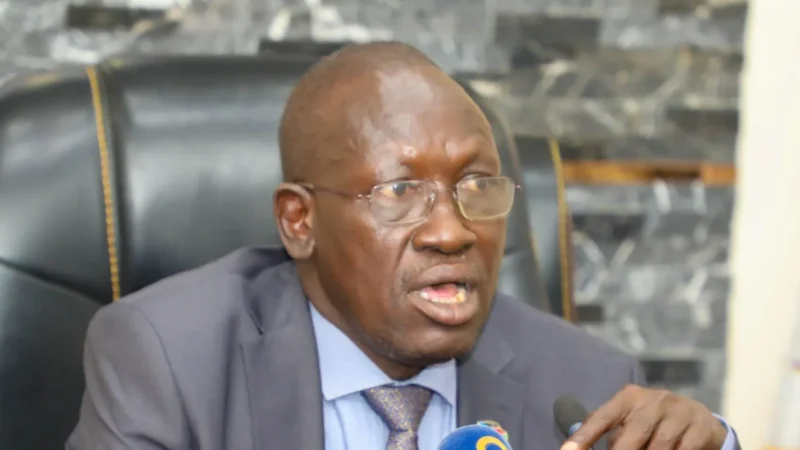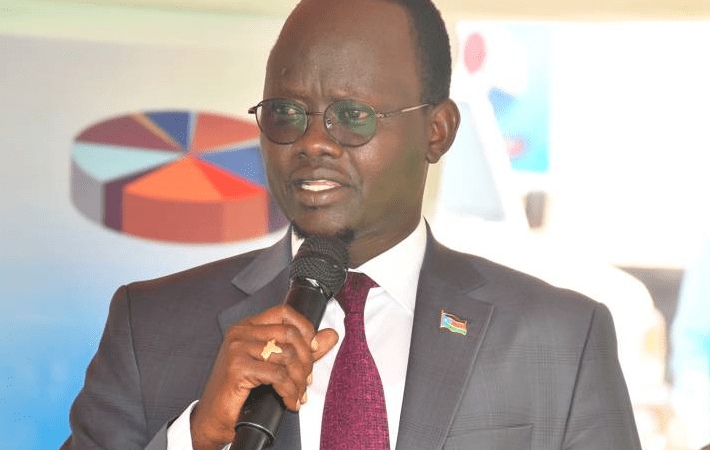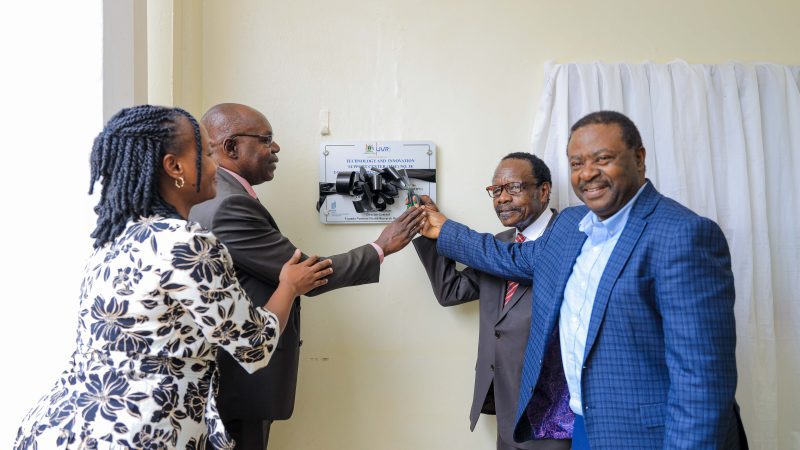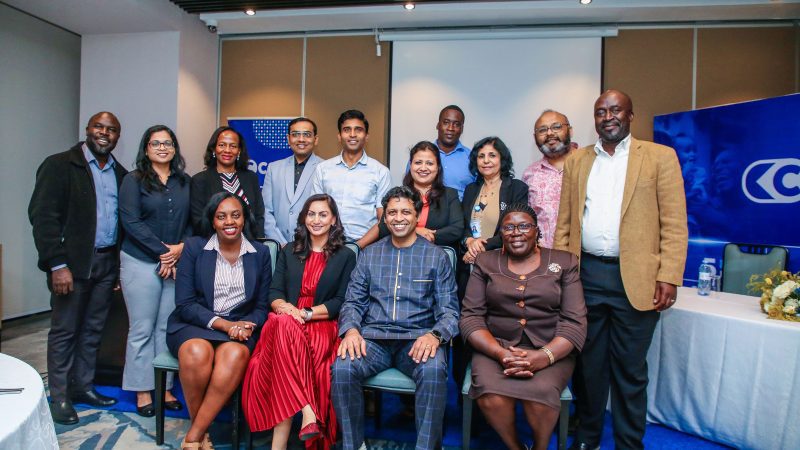Content piracy is reducing opportunities for young creators to earn a living from their work. But the most insidious impact of entertainment content theft is how it undermines Africa’s ability to tell its own stories.
As content channels have evolved to provide entertainment on a plethora of devices and platforms, content piracy has evolved along with it. Where piracy once involved banks of recording devices and cassette tapes, today, sophisticated stream-ripping technology is used to illegally redistribute content from online platforms.
Producers, studios, and rights-holders find themselves in a technology arms race against pirates, working to develop content-security strategies along with their platforms, to protect their brand reputation, their revenue and the thousands of livelihoods that depend on the industry.
A new Parks Associates report the value of pirate video services accessed by pay TV and non-pay TV consumers will exceed $67 billion this year. Those billions of dollars represent income stolen from content producers, entertainment platforms and production professionals all over the world.
In the United States, one industry report estimated that digital video piracy cost the economy between 230 000 and 560 000 jobs every year, and up to $115.3 billion in reduced gross domestic product.
Another challenge that content industries face is that piracy is becoming endemic, and culturally accepted. Market research states that 34% of Gen-Z users use stream-ripping sites, and in the UK, fully 69% of visits to stream-ripping sites are as opposed to coming from search.
In Africa, where resources are limited, piracy is also widespread. An Irdeto survey found that users in five major African territories made 17,4 million visits to the top 10 identified piracy sites on the internet in a single three-month period.
While piracy may seem unremarkable, it has direct human impacts. Where content is habitually stolen, the industries built on creating content for fair remuneration may cease to be viable. Jobs vanish, as does the content that reflects the lives of audiences.
“Piracy is theft,” says Frikkie Jonker, Irdeto’s Broadcasting and Cybersecurity: Anti-Piracy Director. “When people steal content, those productions stop being viable. Those stories are not told, and the people who create that content are not paid.”
Jonker says the same principle applies across the video content sector – to movies, sport, series, telenovelas, talk shows and documentaries.
“At MultiChoice, we know that the television sector is a major economic multiplier in Africa, which directly and indirectly creates thousands of jobs,” he says. “Piracy threatens the existence of those jobs – and the wellbeing of communities across the continent.”
He cites the example of MultiChoice Nigeria’s work through Africa Magic, which has commissioned, produced and acquired more than $85 million worth of local content.
Besides the entertainment industry itself, Africa Magic’s impact has made significant financial injections into adjacent industries such as the travel, hospitality, construction, and manufacturing sectors. All such investments are threatened by the scourge of piracy.
“Piracy has been shown to discourage creativity and innovation in the content sector, because creators and innovators may not receive the financial rewards they deserve for their work,” he continues.
On a broader level, piracy can also normalise the theft of intellectual property and undermine respect for the rule of law. It also exposes consumers to risks like malware, identity theft, fraud and other forms of dangerous cybercrime.
According to the Muso Piracy Data Overview, television piracy has grown by more than 10% in a year, and film piracy by almost 50%. It also found a growing trend in visits to digital piracy platforms – an 18% increase from 2021.
“If piracy continues unchecked, it means fewer African stories will be told,” says Jonker. “Fewer local productions will be commissioned, and content producers will have fewer opportunities.”
MultiChoice Africa Holdings recently launched a continent-wide television campaign to make the point that piracy “untells” Africa stories and destroys jobs in the production and creative industries.
In line with this campaign, Jonker calls for African viewers to unite against piracy; to free Africa’s creatives to earn a living from their talent.
“If we can overcome piracy, we will liberate Africa’s creative economy and multiply its impact,” he says. “Thousands more jobs and careers will be created, and we will be able to give Africa’s people world-class entertainment that reflects their lives.”
Please see details below to report piracy:
Piracy email address: piracy@multichoice.zo.za
Piracy hotline number: +27 11 289 2684










